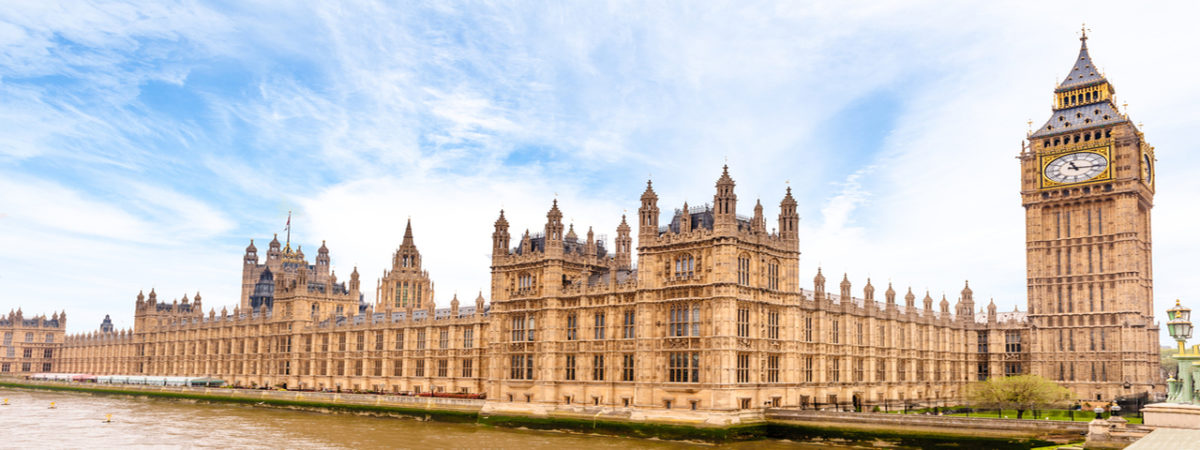IEA Podcast: Why do democracies choose ‘bad’ policies?
SUGGESTED



Darren Grimes, Digital Manager at the IEA, is joined by Professor Bryan Caplan, an American economist and author, who is currently sitting on the New York Times Best Sellers list with his latest book ‘Open Borders‘.
The United Kingdom is currently in a general election period that has seen a slew of spending commitments, politicians of all hues talk of the ‘good’ government can do and expressing the opinion that it is the job of government to identify and correct market failure. At the expense of groups like consumers and taxpayers.
Professor Caplan’s sobering assessment in his 2007 book ‘The Myth of the Rational Voter: Why Democracies Choose Bad Policies’, argued that the greatest obstacle to sound economic policy is not entrenched special interests or rampant lobbying, but the popular misconceptions, irrational beliefs, and personal biases held by ordinary voters.
Professor Caplan lays out several ways to make democratic government work ‘better’ – for example, urging economic educators to focus on correcting popular misconceptions and recommending that democracies do less and let markets take up the slack. “The Myth of the Rational Voter” took an unflinching look at how people who vote under the influence of false beliefs ultimately end up with government that delivers lousy results.
Are the irrational preferences described by Professor Caplan in his book inevitable and hard wired? If so can they be countered? Is the only way to educate people in the sphere of economics, and if so does that imply that only people with an economics degree should be allowed to vote? What does Professor Caplan think about Jay Brennan’s notion of epistocracy? As well as Brennan’s argument that if you are not well informed and know you are not you have a moral duty not to vote? They’re all topics covered within the podcast.
You can subscribe to this podcast on Apple Podcasts, Spotify and Podbean.
3 thoughts on “IEA Podcast: Why do democracies choose ‘bad’ policies?”
Comments are closed.




The American Revolution was inspired by the principle ‘no taxation without representation’. If citizens were to be disqualified from voting on grounds of economic ignorance, should they be exempted from taxation?
Who is to decide which citizens are “well-informed”? Professor Caplan suggests that voters should ideally be educated in economics to a high level, but surely it is not only economic ignorance that is a problem in politics? Is economic ignorance more relevant than ignorance about moral philosophy, law, geopolitics, psychology, history or any number of other disciplines? Surely these should be grounds to disqualify voters as well under Professor Caplan’s approach, in which case how many voters will realistically count as “well-informed”?
Surely it makes more sense to allow as many people to vote as possible, so that between us we do possess all that expertise even if none of us do individually. Beyond that, we should just accept that these biases are inbuilt in the political mechanism and we should only use politics to make a decision where there is no better alternative.
Chris,
> Surely it makes more sense to allow as many people to vote as possible, so that between us we do possess all that expertise even if none of us do individually
This claim is actually a core point in Caplan’s book; I suggest you read his exposition. Short version: The ‘wisdom of the crowd,’ relies on errors being randomly distributed, with a subset of the crowd being correct. So that errors are cancelled out, and the correct outcome is chosen. However, errors are not random, but are systematically biased. So instead of getting wisdom from the crowd, you get madness from the crowd.